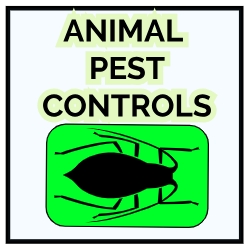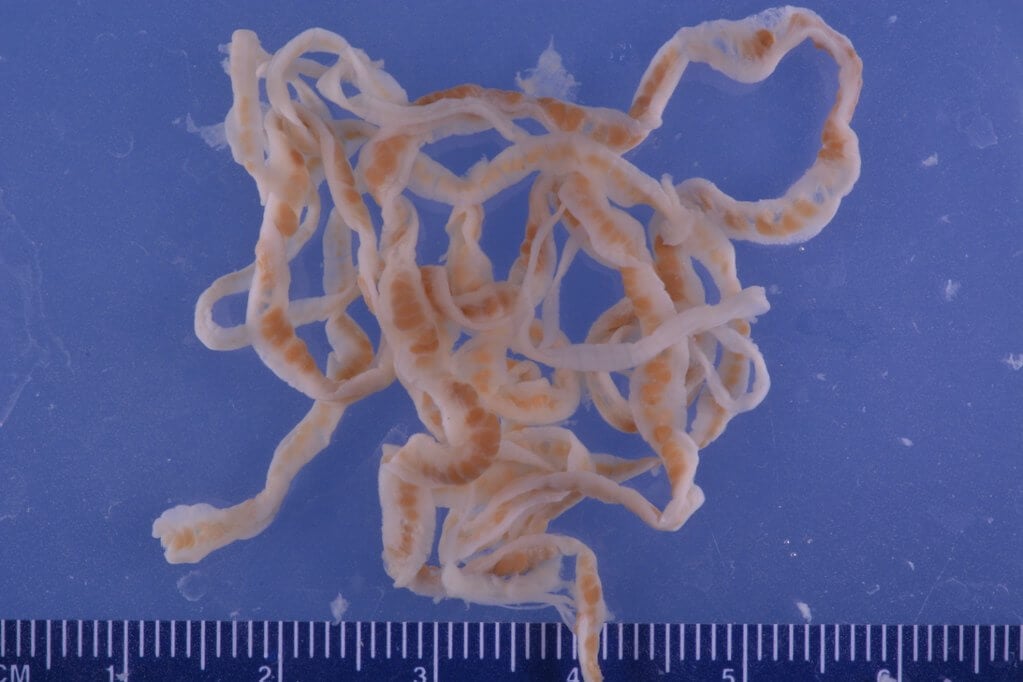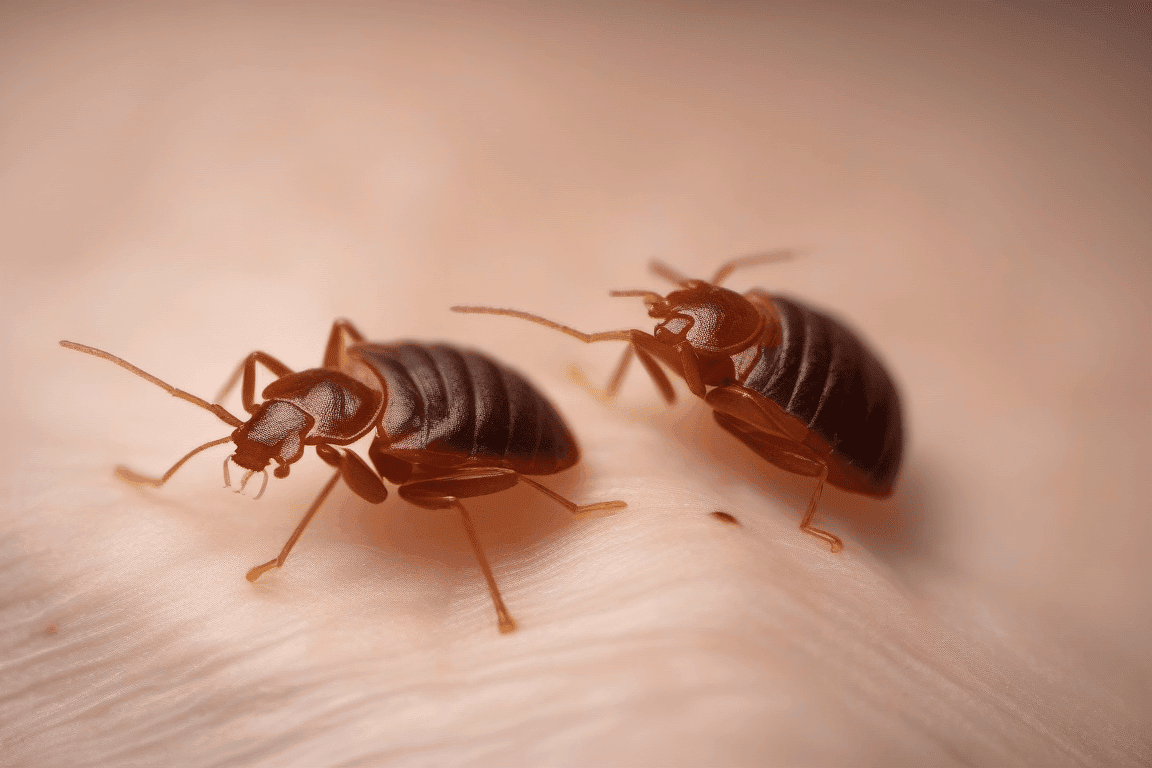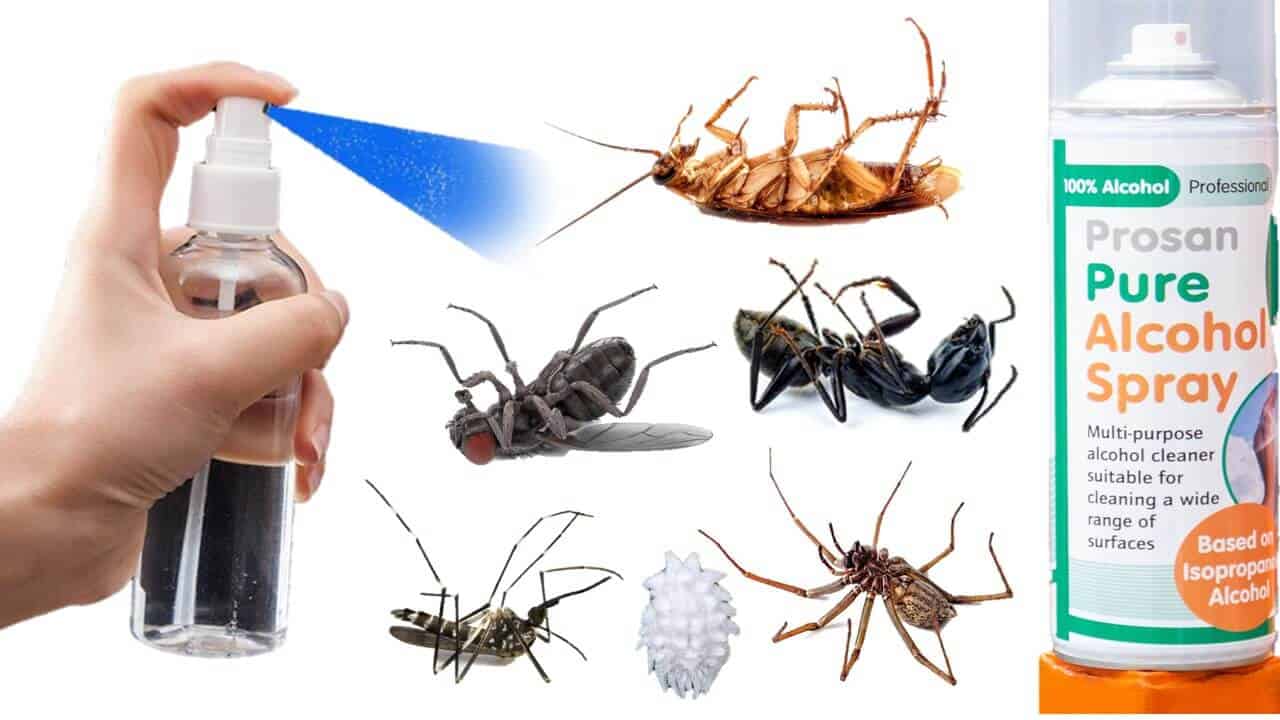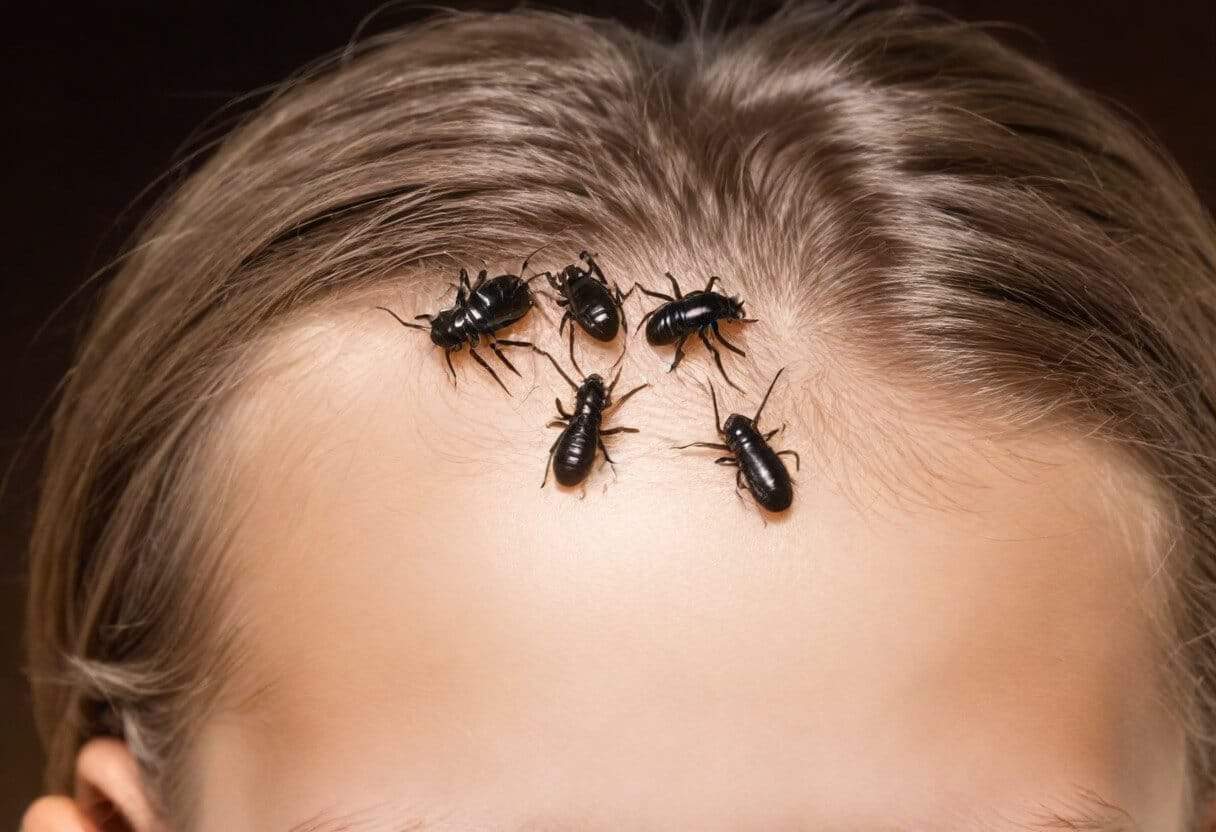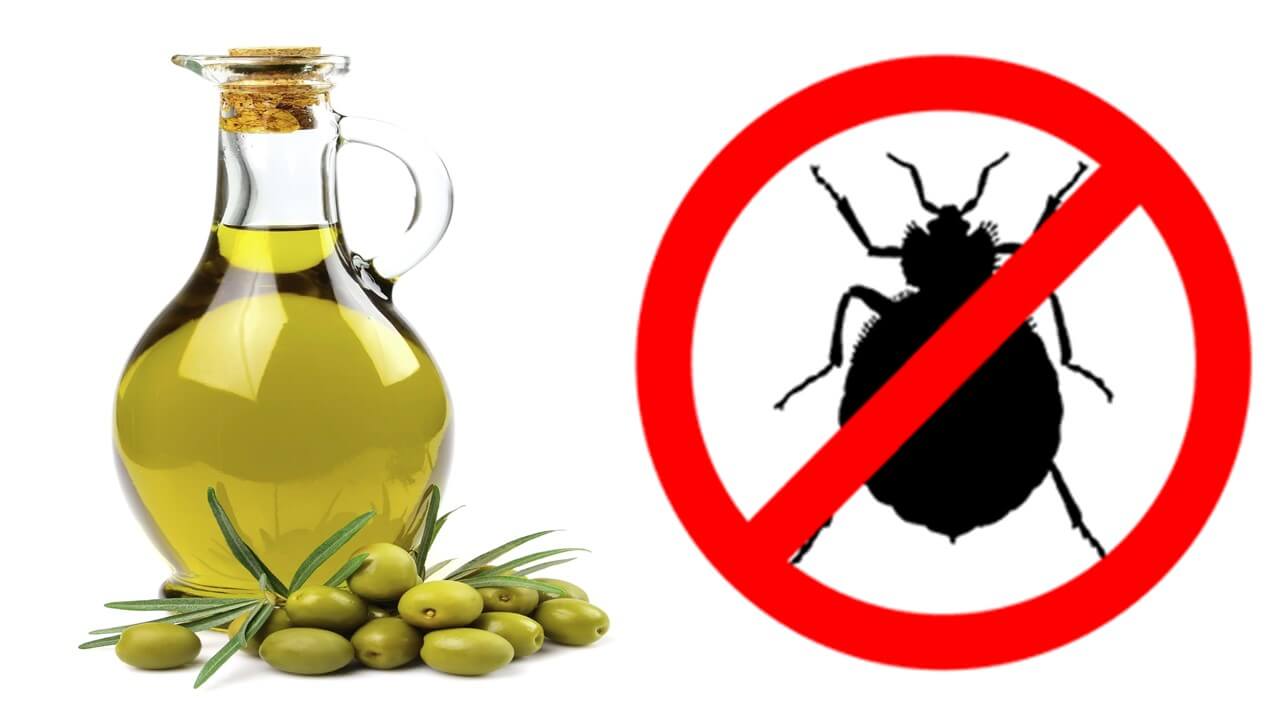Are you feeling bloated, irritable, tired, and sluggish? Are you constantly itching or sneezing? If you have trouble sleeping or digesting your food, it might be time to consider if parasites are lurking in your body.
We will enlighten you on the signs and symptoms of parasitic infestation in your body.
You’ll learn to recognize symptoms like skin rashes, joint pain, and fatigue so you can take the necessary steps for a healthier future.
Do not allow this condition to get any worse. Find out the warning signs that your body is full of parasites. Learn what to look for and protect yourself from these creepy critters! Watch now and take control of your health!
Table of Contents
What are Body Parasites?
Parasites live off of other creatures and cause various health problems.
Body parasites can be especially unpleasant and uncomfortable, leading to many physical and psychological issues.
Body parasites are organisms such as worms, protozoa, or insects that live on or in a living organism and feed off it for sustenance.
They infect people by entering through their skin or the food they consume. Once inside the body, they feed on blood or tissue, causing irritation and discomfort along with many other symptoms like fatigue, headaches, rashes, joint pain, weight loss, and digestive problems.
Some parasitic infections can even lead to severe diseases if left untreated for too long.
Body parasites vary in appearance and size, with some being microscopic while others can be seen without magnification.
Roundworms measure from one to six inches in length, while pinworms measure from 0.25 – 0.5 inch long.
Hookworms range between 0.3 – 0.5 inch long, while tapeworms may measure up to 6 inches in length when fully grown!
Microscopic protozoan organisms are much smaller than other parasites and can only be seen with a microscope or magnifying lens.
What are Warning Signs Your Body is Full of Parasites?
1. Chronic digestive disorder
Many people suffer from chronic digestive disorders such as irritable bowel syndrome, Crohn’s disease, ulcerative colitis, and celiac disease without realizing their body is full of parasites.
These microscopic organisms can enter your body through contaminated food or water, and once they are inside, they can cause a range of uncomfortable symptoms.
They can interfere with your digestive system in some ways; for example, worms may block the intestines or irritate the walls, leading to abdominal pain and cramps.
Parasites may also damage the lining of the intestines, leading to chronic inflammation and issues like diarrhea or constipation.
Parasitic infections are more common than most people think and can also result from contact with infected animals, exposure to areas where sanitation is poor, and many other ways.
Symptoms vary but may include abdominal pain, bloating or abdominal swelling, diarrhea, and constipation. You should see your doctor immediately if you suffer from long-term digestive issues.
2. Nausea and vomiting
Nausea and vomiting are two symptoms associated with parasite infestations in the human body.
When parasites invade the human digestive system, they can cause inflammation, leading to nausea and vomiting.
In addition, toxins produced by certain parasites may interfere with the normal functioning of the digestive tract, which can also result in nausea and vomiting.
Parasitic infestations can also cause malnutrition, as they interfere with proper nutrient absorption in the intestines. Malnutrition is another potential cause of nausea and vomiting in humans afflicted with parasites.
If you experience any of these symptoms, it is crucial to seek medical advice as soon as possible. Your doctor can order tests to diagnose whether you have a parasite infection or not.
Treatment typically involves taking medications like antiparasitic drugs, killing parasites in the gut.
3. Anal itching
Anal itching is one of the most uncomfortable signs that your body may be infested with parasites. Many parasites can affect the digestive system, and when they take up residence in your intestine, anal itching is often a symptom.
The discomfort can range from mild to severe and can be accompanied by burning sensations or redness around the anus.
It is important to note that anal itching can result from other conditions such as hemorrhoids, allergies, or poor hygiene.
The most common cause of this discomfort is the female pinworms, a type of parasitic worm. Female pinworms migrate from the intestines to lay eggs around the anus, causing intense itching and irritation.
If you experience frequent episodes of anal itching, you should seek medical advice as soon as possible.
A qualified physician can diagnose what’s causing your symptoms and develop an appropriate treatment plan for you based on their findings.
4. Fatigue and weakness
Fatigue and weakness can signal that your body is full of parasites. Parasites are organisms that live off the nutrients from other living things, taking away energy and affecting overall health.
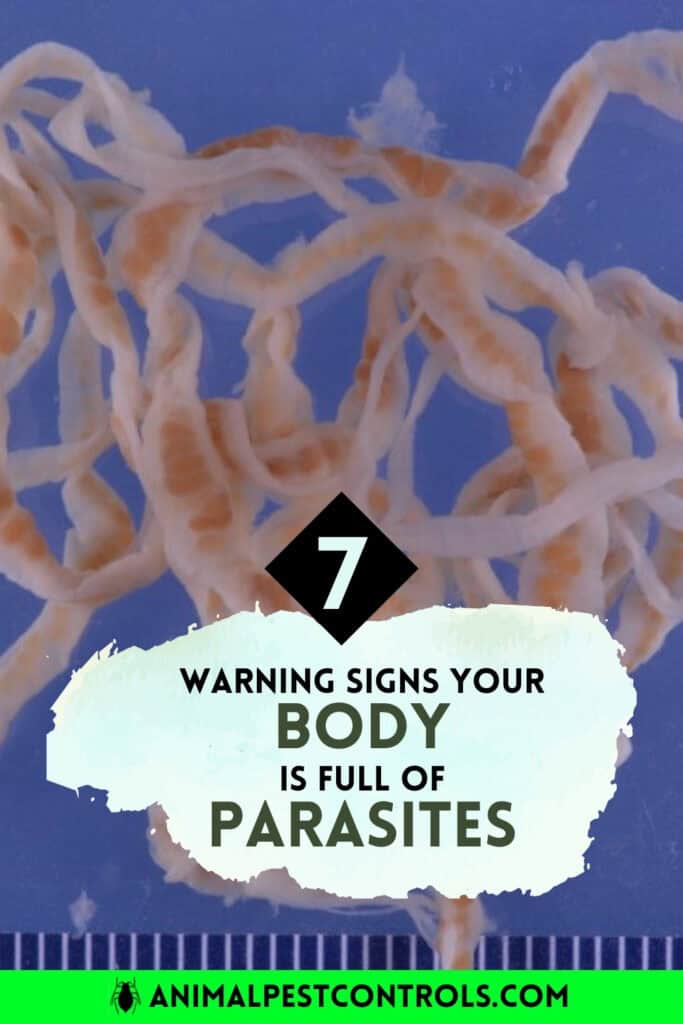
People with parasites often experience increased fatigue levels leaving them feeling exhausted and weak despite having adequate rest or sleep.
Many people also find themselves unable to focus or concentrate on tasks due to the constant drain of energy from the parasite.
Tiredness or exhaustion after a good night’s sleep is one of the most common symptoms associated with parasite infection and a general feeling of weakness or lethargy.
This tiredness does not necessarily improve after rest and can worsen if left untreated.
5. Sudden weight loss
Unexplained weight loss is a warning sign that your body may be full of parasites. Some people experience weight loss due to microscopic invaders consuming nutrients from their food before digestion.
A parasite lives on or in another organism, known as the host, and benefits by deriving nutrients at the host’s expense. Parasitic infections can cause weight loss without any other obvious health issues.
Furthermore, it can negatively affect nutrient absorption, leaving hosts malnourished. If you noticed an unexplained drop in your weight, it might be time to look into what’s inside your body.
Weight loss can occur when the parasite interferes with nutrient absorption or causes frequent diarrhea, reducing food intake and calorie absorption.
You should trust your instincts and seek medical attention if you experience sudden weight loss.
6. Joint pain and muscle cramps
Joint pain and muscle cramps can indicate a bigger health issue, such as parasite infestation.
Joint pain is caused by inflammation due to a parasite’s presence within the joint capsule; it can range from mild discomfort to severe stiffness and even sharp pains.
Additionally, they can weaken your muscles by releasing toxins into your bloodstream, leading to muscle pain and spasms.
Muscle cramps result from an electrolyte imbalance, a frequent result of parasites in the intestines disrupting nutrient absorption.
The joint pain will often result in limited mobility due to stiffness or soreness, while muscle cramping can cause extreme discomfort that leaves you unable to move.
These sensations could also indicate other conditions.
However, if they linger for more than a few days, it could mean there is an underlying parasite problem. You should seek medical advice immediately if you experience joint pain and muscle cramps for long periods.
7. Skin problems
Parasites live off of other creatures and can cause skin issues. They can invade the intestinal tract, causing inflammation that can lead to several skin problems.
A rash is one of the most common signs of a parasite infection. Other skin issues include eczema, hives, or even acne. In some cases, parasites may cause an autoimmune response in the body, leading to chronic skin irritation and hair loss.
These critters consume nutrients and release toxins and waste products into the human body, increasing the eosinophils level in the blood.
This condition can lead to concerning symptoms like lesions, sores, and swelling.
Signs that you may be dealing with parasitic infestation include dryness, itchiness, red bumps, and discoloration in certain areas.
If you experience these symptoms frequently, see your doctor for diagnosis and proper treatment.
Conclusion
It’s crucial to be aware of the signs and symptoms of parasites in your body because they can lead to severe health consequences. Pay attention to changes in your digestive system, energy levels, and skin health, as these are all potential indicators of a parasite infestation.
You should consider getting checked for parasites as soon as possible if you experience these symptoms. Better safe than sorry! Don’t be embarrassed – many people have had to deal with parasites at some point in their lives.
After all, the last thing you want is for your body to become a buffet for uninvited guests. So take the necessary steps to protect yourself from parasites today and enjoy a healthier tomorrow!
